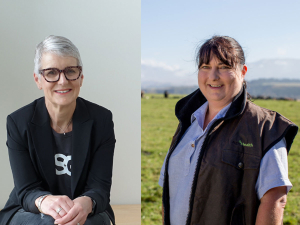The virtual collapse of the international food service sector may have an adverse effect of some exports of New Zealand meat.
According to the country’s former Special Trade Envoy, Mike Petersen, it will be a long time before the food service sector bounces back. He told Rural News that that a lot of NZ companies have been rightly chasing high-value markets with a focus on the food service sector.
“I believe there will be a lot of casualties in that space in the international markets, ranging from master importers, who are supplying restaurants and cafes, through to retail customers themselves,” Petersen says.
“The collapse of the food servicing sector will really hurt and the fact that we are heading into the holiday season in the northern hemisphere where there won’t be a tourist season this year is going to make demand quite subdued.”
Petersen says two of the casualties – in terms of product – are likely to be venison and premium cuts of lamb, which tend to go into the fine dining restaurants and cafes. He says the high-priced cuts are going to be challenging to sell.
However, he says on the positive side lower priced meats will likely come through the COVID-19 crisis well. He points to the example of beef and says because it is seen as a comfort food, prices could potentially rise.
“People will be looking for the likes of hamburgers, takeaways and meat that can easily be cooked at home.”
Petersen says given the chaos in the US market, there may be some short-term opportunities for gaps to be filled by NZ meat, while processing plants there are closed due to COVID. He says there are also promising signs in China as that market opens up.
Petersen says the outlook for apples and kiwifruit also looks good as consumers seek healthy foods. He also acknowledges though that dairy prices, especially for high value consumer products, may be down.
“My big concern remains what will happen in the light of the collapse of the food service sector around the world and what impact that may have on NZ in the coming season,” he says.



















